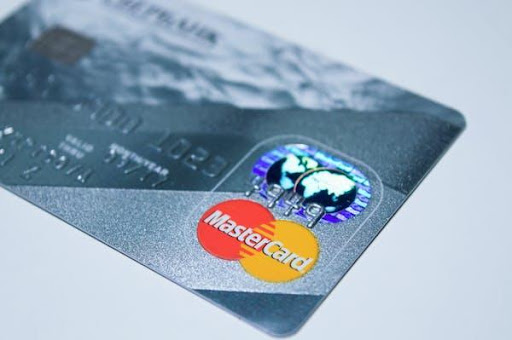
Most of us do a fair amount of shopping online, to put it lightly. Most goods and services can be bought online. For some online purchases, such as the notoriously over-priced concert ticket, consumers can get charged convenience fees. These fees are usually tacked on at the very end of the transaction. You’re almost ready to complete your purchase, and right on the last confirmation page, convenience fees present themselves.
These convenience fees may masquerade with various aliases, such as “service fees, processing fees, or transaction process fees.” What’s important for consumers to understand is whether these fees are legitimate or ill-legitimate.
This article will cover the basics and legality of convenience fees.
What Is a Convenience Fee?
Convenience fees are expenses charged by a merchant for processing a payment. For example, you may be charged a convenience fee if you choose to pay a bill by credit card instead of check by mail. You may be charged convenience fees when shopping online or making in-app purchases on your phone or tablet. Businesses will claim these convenience fees cover any expenses they incur to complete the transaction.
How Are Convenience Fees Different from Surcharges?
Credit card surcharges and convenience fees both claim to serve the same purpose: to help businesses recoup some of the costs of processing credit card (or other alternate payment) transactions. There are two main differences between these types of fees.
Credit card surcharges can be applied to virtually any transaction and can be a percentage of the total (usually up to 4%). Convenience fees can only be applied to non-standard payment methods and must be a flat fee. A convenience fee must be clearly defined before completing the transaction; it’s not a fluid number or sliding scale. Whether you spend $10 or $10,000 on a product, the convenience fee would be the same pre-determined flat rate.
What Consumer-Related Issues Occur with Convenience Fees?
There are many regulations regarding convenience fees, which vary from state to state. Certain types of convenience fees are legitimate, of course, but there are rules that vendors must follow. A convenience fee’s validity will depend on the type of service being paid for and, potentially, the credit card company being used.
Visa, for example, allows a merchant to charge a stated flat fee for using the card company as an alternative payment method. On the other hand, debt collectors aren’t allowed to charge any type of convenience fee that isn’t explicitly stated in the original binding documentation; this type of fraudulent convenience fee would be considered a junk fee. Some state laws extend this rule to creditors and loan servicers too, prohibiting them from charging a convenience fee if it wasn’t in the original contract.
How a Consumer Protection Lawyer Can Help
Fraudulent convenience fees can be hard for consumers to recognize because businesses try to disguise them as legitimate. While some convenience fee charges may seem minor, businesses can profit over time as the aggregate bottom line adds up to significant money.
If you think you’ve fallen victim to a convenience fee scam, contact a consumer protection lawyer at the Holland Law Firm for Consumer Protection Rights.
Our consumer protection attorneys have experience uncovering unauthorized/ fraudulent convenience fees and junk fees and holding those responsible for their actions.



